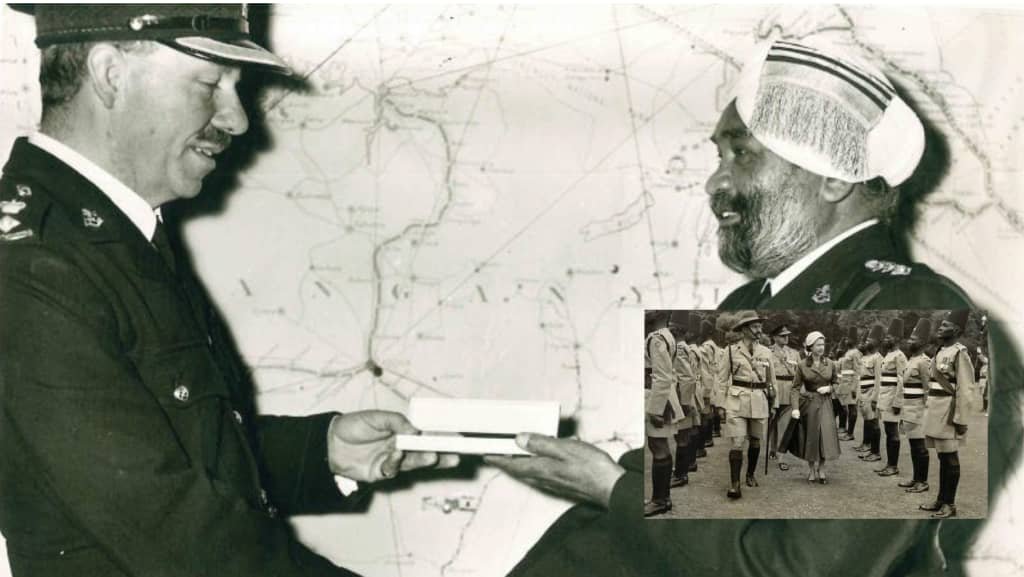
On July 26th and August 30, 2023, coup d’états took place in Niger and Gabon respectively. In Niger, the presidential guard removed and detained President Mohamed Bazoum, while in Gabon, incumbent President Ali Bongo Ondimba, who had won the general election held on August 26, was detained by soldiers.
These political upheavals have stirred concerns and raised questions about the democratic credentials of African nations. It has caused apprehension among African leaders, particularly in West Africa, who have promptly issued statements condemning coups on the continent.
While coups are generally not deemed the best option for continuity of governance, they can sometimes be viewed as the only recourse for a population feeling oppressed by their political elite.
The recent coups in these countries brought to light some detrimental agreements that were made between colonial governments and independent African nations, notably the agreements between France and its Francophone countries. This has sparked discussions within the African community on various social media platforms, questioning the rationale behind such agreements and why current leaders continue to honor these outdated and irrelevant accords to this day.
One such agreement has gained traction on social media, shedding light on imperialist nations’ agreements with an African country, Kenya, and also with the British government.
In a Facebook post by Odhiambo Kevin Opiyo, he reveals that Kenya is still sending millions to Britain as pensions for British citizens who served in the colonial Kenya Civil Service. This money is remitted through Crown Agent Bank. Opiyo points out the possibility of Kenya paying pensions to ghost pensioners, given that it’s unlikely that most people who retired in 1963 are still alive.
According to the post, Kenya continues to support British retirees, while thousands of East African soldiers of the King’s African Rifles who fought for King George in the two world wars were left to suffer in destitution. This presents a stark irony.
“The British government refused to pay for their pensions and other benefits and transferred that responsibility to the respective African governments,” stated Opiyo in 2023.
With the possibility of independence for the three East African nations in mind, representatives from the War Office visited Nairobi in December 1956, where they met with officials from the East Africa High Commission and the colonial governments of Kenya, Tanganyika, and Uganda.
During the meeting, as narrated by Opiyo’s Facebook post, the War Office officials agreed to hand over War Office buildings in East Africa to the East African colonial governments if they agreed to take responsibility for pensions for African soldiers of the King’s African Rifles. This agreement was ratified in Command Paper 281 of 1957. On July 1, 1957, the responsibility of paying African soldiers’ pensions was shifted from the War Office to the East African colonial governments.
This colonial burden was later passed on to the independent states of East Africa. As Kenya, Uganda, and Tanzania gained independence in the 1960s, they were saddled with the significant responsibility and liability for pensions, which were transferred by the outgoing colonial governments.
Further elaborating on this, the post explained that on December 6, 2017, an individual wrote to the British Ministry of Defence under the Freedom of Information Act (2000) to inquire about the number of former servicemen of the King’s African Rifles receiving pensions from the British government.
In response, the Ministry of Defence stated, “The majority of individuals recruited into colonial force regiments were citizens of that colony, and not British subjects. The KAR was managed by British officers, seconded from the British Army. As well as the physical transfer of people, liabilities for pensions also transferred to that nation.”
In an attempt to verify the information from the Facebook post, a publication from The Standard titled “Why you will pay British pensioners for 30 years,” authored by Amos Kareithi on July 7, 2019, was discovered. The story revealed that Kenya is still paying about Sh2 million monthly to support 1,500 pensioners in Britain for the services they rendered to the colonial government, nearly six decades after independence.
The article added that at the same time, the Kenyan government would be granting a three per cent increment in monthly pensions to all 277,000 public servants from the end of the month. According to the Director of Pensions, Shem Nyakutu, as reported by Kareithi in 2019, this increase would escalate the pension bill by Sh3 billion, resulting in a total annual payout of Sh104 billion for the 2019/20 financial year.
Nyakutu further stated that the country would continue remitting pensions to former colonial public servants for the next 30 years, based on the average age of the surviving pensioners.
It is due to this long-standing phenomenon that has persisted over several decades that some believe it has contributed to impoverishing certain African countries, fostering the perception that many leaders are puppets of imperialists and potentially accounting for the surge in coups.
While agreements should be honoured, those that bear colonial vestiges and don’t align with the economic interests of African nations, draining their already overstretched budgets, should be reevaluated, repudiated, or renegotiated to better serve the African interest.






